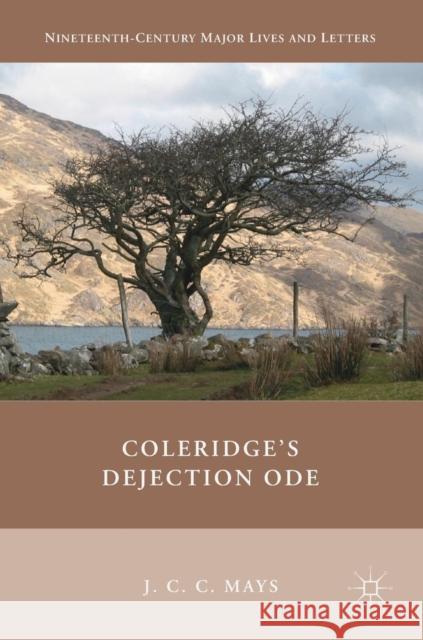Coleridge's Dejection Ode » książka
topmenu
Coleridge's Dejection Ode
ISBN-13: 9783030041304 / Angielski / Twarda / 2019 / 281 str.
Kategorie:
Kategorie BISAC:
Wydawca:
Palgrave MacMillan
Seria wydawnicza:
Język:
Angielski
ISBN-13:
9783030041304
Rok wydania:
2019
Wydanie:
2019
Ilość stron:
281
Waga:
0.50 kg
Wymiary:
21.01 x 14.81 x 1.75
Oprawa:
Twarda
Wolumenów:
01
Dodatkowe informacje:
Wydanie ilustrowane











